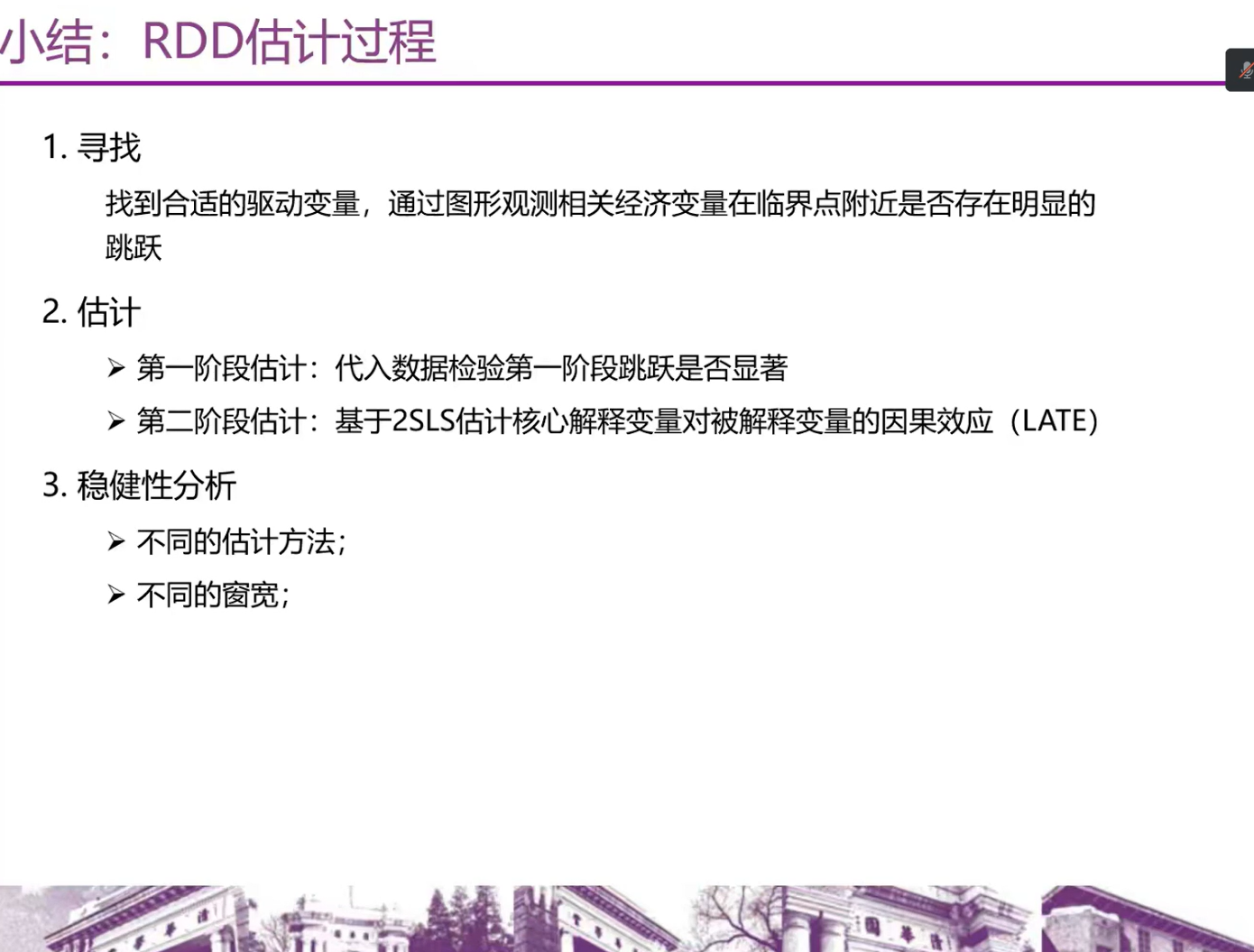On the afternoon of December 2, the 3rd academic salon (the 60th in history) for Ph.D. students in Theoretical Economics in 2022 was staged by the China Center for Special Economic Zone Research (CCSEZR), Shenzhen University (SZU) in the meeting room on the second floor of the Huidian Building. The keynote speaker was Liu Shenglong, Associate Professor at the School of Public Policy & Management, Tsinghua University. Associate Prof. Liu has presided over 30 programs, covering the National Natural Science Foundation of China, MOE (Ministry of Education) Foundation on Humanities and Social Sciences, Sub-programs of China’s National Social Science Fund, Projects of China Top Think Tank and China Postdoctoral Science Foundation, and published about 70 papers in national and international academic journals, with more than 6,800 times of citation. The salon was hosted by Teacher Ma Limei of CCSEZR, and attended online by over 140 people, including postdoctoral fellows, graduate and doctoral students in Theoretical Economics and young scholars from the Chinese Academy of Social Sciences, City University of Macau, Nankai University and Central University of Finance and Economics.

Assoc. Prof. Liu introduced the development history of Regression Discontinuity Design (RDD) and its application in literature, indicating that it is a key to endogeneity and its increasing importance. Liu first exampled prevailing endogenous issues and explained corresponding solutions, emphasizing the advantages of RDD over other approaches. In fact, RDD is quite similar to a quasi-natural experiment.

His overall illustration focused on the following aspects: basic principles, basic method and estimation approaches, application cases and frontier development. Liu especially stressed that the application of RDD has assumptions, which are the random distribution of forcing variables, continuity test of the predetermined variables and monotonicity test. And RDD can only be used when the assumptions are met. In the end, Liu summarized the pros and cons of RDD.
During the lecture, Liu performed enlightened exchanges with teachers and students present on the assumption that RDD is randomly distributed near the cutoff. This salon was profound in content with a lively vibe and heated discussions, inspiring students to think deeper and conduct follow-up research on relative issues.
Correspondent: Wang Yijie

